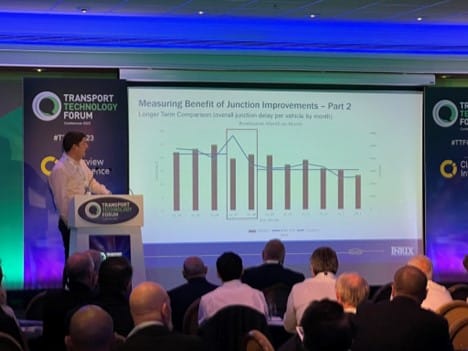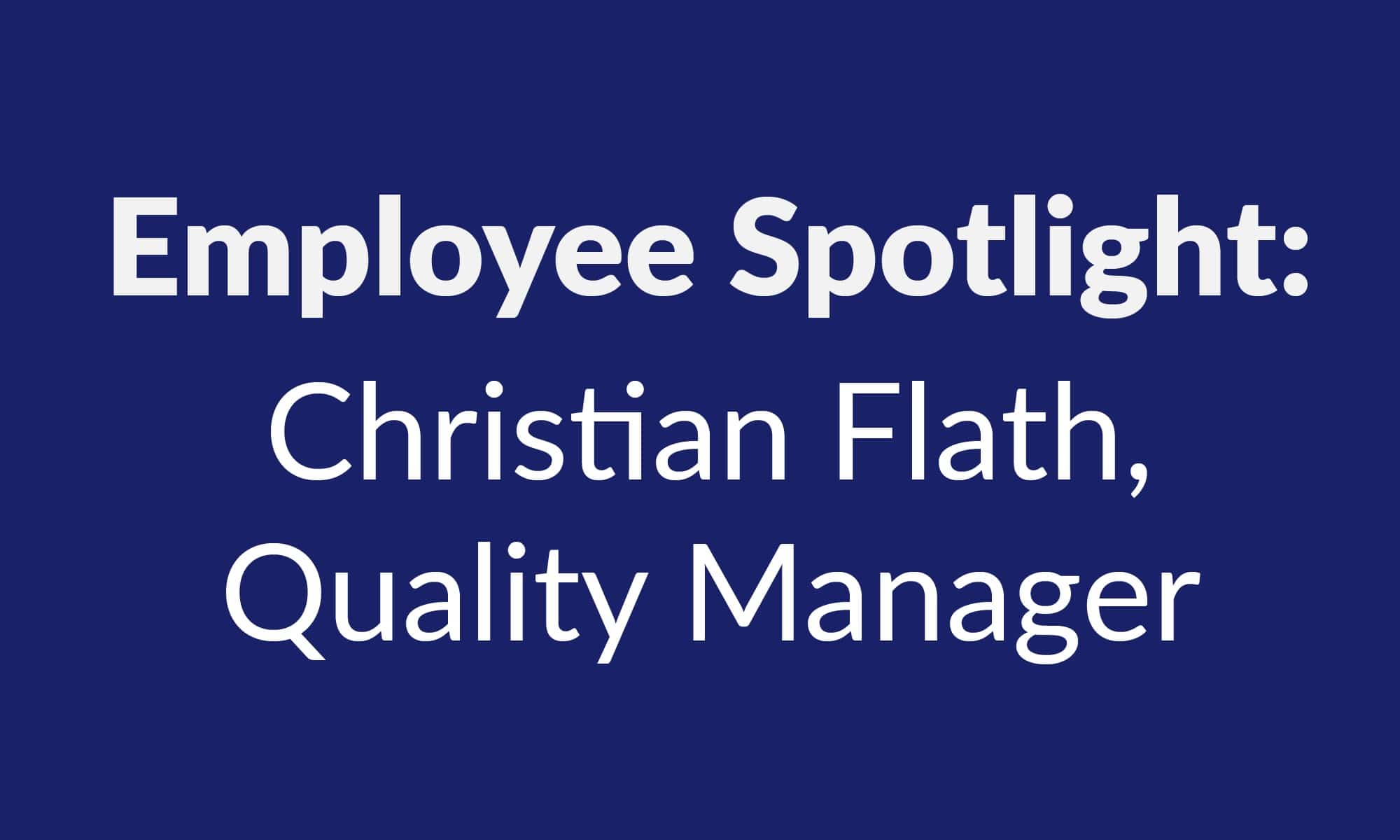Manchester, U.K. – June 21, 2012 – INRIX®, a leading international provider of traffic information and intelligent driver services, released the INRIX Traffic Scorecard showing a 17 percent decrease in traffic congestion worldwide in 2011 – 11 percent in the U.K.
“So goes traffic, so goes the economy. Traffic congestion is an excellent economic indicator telling us whether people are going to work, businesses are shipping products and consumers are spending money,” said Stuart Marks, Senior Vice President of INRIX Europe. “As the European Union decides how to best help countries like Spain and Italy, the report not only validates the extent of the debt crisis in these countries but indicates who might be next.”
Among the 13 European nations analysed, the countries impacted the most by the European debt crisis mirror those with the largest drops in traffic congestion. Portugal (-44%), Ireland (-25%), Spain (-15%) and Italy (-18%) were among those with the largest declines last year. Despite being considered the strongest European economies, troubles across the Eurozone fueled declines in Germany (-8%), Netherlands (-7%) and Belgium (-3%). In comparing 2011 to 2010, France showed change of less than 1%.
Analysis of traffic congestion in the first five months of 2012 shows even further declines. With France showing a 3 percent decline, the drop in traffic congestion extended from 8 to 9 of the 13 European Countries analysed in the report. By comparison, the strength of Germany’s economy fueled by modest employment growth (+1.3 percent) resulted in a 6 percent increase in traffic congestion in the first five months of this year.
According to the INRIX Index1, Europe’s Top 10 Worst Countries for Traffic Congestion in 2011 were:
1. Belgium: Drivers waste 55 hours in traffic,2 2 hours less than 2010
2. Netherlands: Drivers waste 50 hours in traffic2, 4 hours less than 2010
3. Italy: Drivers waste 29 hours in traffic2, 6 hours less than 2010
4. U.K.: Drivers waste 32 hours in traffic2, 4 hours less than 2010
5. Spain: Drivers waste 34 hours in traffic2, 6 hours less than 2010
6. France: Drivers waste 36 hours in traffic2, no change from 2010
7. Germany: Drivers waste 36 hours in traffic2, 3 hours less than 2010
8. Austria: Drivers waste 27 hours in traffic2, 2 hours less than 2010
9. Portugal: Drivers waste 23 hours in traffic2, 22 hours less than 2010
10. Switzerland: Drivers waste 22 hours in traffic2, 2 hours less than 2010
Luxembourg, Hungary and Ireland complete the list respectively among the 13 European countries analysed. By comparison, the U.S. ranked 2nd to last on the list compared with Europe, just ahead of Ireland. Canada ranked 7th with better congestion levels than France, UK and Italy.
By analysing traffic on major motorways across Europe, the Scorecard provides a comprehensive snapshot into the intractable issues of urban traffic congestion. According to the report, the Top 25 Most Congested Cities in Europe3 are:
1. Milan, Italy
2. Brussels, Belgium
3. Antwerp, Belgium
4. Paris, France
5. Manchester, U.K.
6. Rotterdam, Netherlands
7. Rome, Italy
8. London, U.K.
9. Utrecht, Netherlands
10. Florence, Italy
11. Liverpool, U.K.
12. Barcelona, Spain
13. Madrid, Spain
14. Gent, Belgium
15. Amsterdam, Netherlands
16. Belfast, U.K.
17. Stuttgart, Germany
18. Koln, Germany
19. Lyon, France
20. Bordeaux, France
21. Hamburg, Germany
22. Newcastle, U.K.
23. Nottingham, U.K.
24. Seville, Spain
25. s Gravenhage, Netherlands
U.K. Traffic Patterns & Trends
The INRIX Traffic Scorecard takes a micro look at traffic problems all across the U.K. – zooming in on the total hours spent in traffic, worst day of the week for commuting and average speeds along with hundreds of other details. All 18 U.K. cities analysed showed declines in traffic congestion in 2011 indicative of the impact of rising unemployment and fuel prices combined with declines in consumer spending. Despite more than 2.7 million people unemployed and fuel prices 16 pence per gallon more (127.53p) than one year ago, the average U.K. driver still idled for 32 hours last year in traffic congestion.
U.K. drivers spend more time in traffic compared to drivers in France, Germany, Spain and 7 other European countries. Manchester and London ranks 5th and 8th respectively among the Top 10 Worst Traffic Cities across the 13 European countries analysed. The Scorecard found the worst place and time to be on U.K. roads is London on Friday from 16:00- 17:00 where it takes on average 33 percent longer than the same journey would take in uncongested conditions. Overall, the U.K. had an INRIX Index1 of 17 meaning that a random journey along the U.K.’s major motorways during peak weekday driving hours takes on average 17 percent longer than the same journey in uncongested conditions.
By analysing traffic on major motorways in the country’s 18 largest metropolitan areas3, the Scorecard provides a comprehensive snapshot into the intractable issues of urban traffic congestion. According to the INRIX Index1, the Top 10 Most Congested Cities in the U.K. span all regions:
1. Greater Manchester: Drivers waste 45 hours per year in traffic2, Worst Hour = Tuesday from 9:00-10:00 AM
2. London Commuter Zone: Drivers waste 66 hours per year in traffic2, Worst Hour = Friday from 16:00-17:00
3. Liverpool (Merseyside): Drivers waste 39 hours per year in traffic2, Worst Hour = Wednesday 16:00-17:00
4. Greater Belfast-Lisburn: Drivers waste 33 hours per year in traffic2, Worst Hour = Monday from 9:00-10:00 AM
5. Newcastle upon Tyne (Tyne & Wear): Drivers waste 33 hours per year in traffic2, Worst Hour = Friday from 15:00-16:00
6. South Nottinghamshire: Drivers waste 32 hours per year in traffic2, Worst Hour = Friday 15:00-16:00
7. Greater Birmingham: Drivers waste 34 hours per year in traffic2, Worst Hour = Friday 15:00-16:00
8. Leeds-Bradford-Harrogate: Drivers waste 30 hours per year in traffic, Worst Hour = Friday 15:00-16:00
9. South Yorkshire (Sheffield): Drivers waste 29 hours per year in traffic2, Worst Hour = Friday 15:00-16:00
10. Edinburgh-Lothian: Drivers waste 29 hours per year in traffic2, Worst Hour = Wednesday 9:00-10:00 AM
Among these cities, drivers in Birmingham experienced the biggest decline in hours wasted in traffic in 2011 vs. 2010 spending 8 hours less in queues followed by London (7 hrs. less), Newcastle (5 hrs. less), Nottingham (5hrs. less) and Glasgow (5 hrs. less)
Other unique patterns evolving out of U.K. traffic congestion include:
• Worst Traffic Day: Friday
• Worst Week Day Morning: Tuesday
• Worst Commuting Hour: Tuesday 9-10 AM
• Worst Evening Commute: Friday
• Best Week Day for Traffic: Monday
• Best Week Day Morning: Friday
• Best Week Day Commuting Hour: Friday 7-8:00 AM
• Best Week Day Afternoon: Monday
Big Data at Work
The INRIX Traffic Scorecard is based on analysis of billions of raw data points from INRIX’s own historical traffic database of approximately 100 million vehicles traveling the roads everyday including taxis, airport shuttles, service delivery vans, long haul trucks as well as consumer vehicles and mobile devices. Each data report from these GPS-equipped vehicles and devices includes the speed, location and heading of a particular vehicle at a reported date and time. In creating the Scorecard, INRIX analyses information for more than 1 million kilometers of motorways and secondary roads in Europe and more than 1 million miles of roads in North America during every hour of the day to generate the most comprehensive and timely congestion analyses to date, covering the largest metropolitan areas in 15 countries.
The same data used to generate the Scorecard also powers INRIX Traffic, a free app that helps drivers avoid frustrating delays stuck in traffic. The app helps drivers never be late with insights from the world’s largest traffic network into the fastest routes from home to work, recommended departure and travel times, traffic forecasts and personalised traffic alerts unique to driver’s routes. Just released, Scorecard highlights are also featured on the app. More information about INRIX Traffic can be found at https://inrixtraffic.com.
About the INRIX Traffic Scorecard
The INRIX Traffic Scorecard uniquely measures the country’s traffic congestion problem by going beyond the traditional limitations of road sensors and statistical sampling techniques by analysing real-time data crowd-sourced from actual vehicles travelling on the U.K.’s major metropolitan roadways. More details on traffic congestion in the U.K. and how the country compares to others around the world, along with an executive summary of the report’s findings are now available at scorecard.inrix.com. The extensive data powering the INRIX Traffic Scorecard is immediately available under license for further analysis and review by government agencies and commercial organisations.



